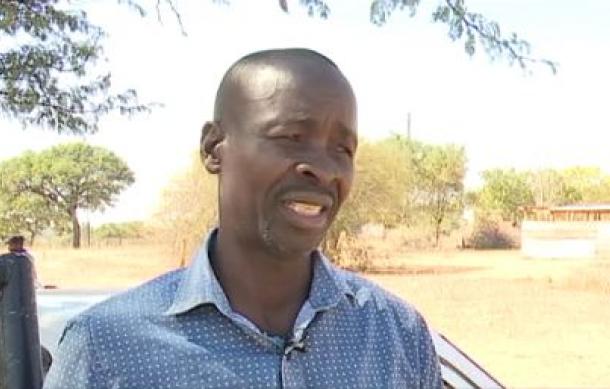
The Kavango West Region faces numerous challenges, from a lack of education infrastructure to human-wildlife conflict.
In an interview with NBC, Tondoro Constituency Councillor Joseph Sikongo discussed the impact of these challenges.
In some parts of the Kavango West Region's Tondoro Constituency, learners continue to walk long distances to and from school.
The Constituency Councillor, Joseph Sivaku Sikongo, says it has become a matter of concern as this impacts the performance of the learners.
"It is really a challenge, particularly the classrooms, they are even still attending classes in the open space, as we are standing here, it can be a classroom, and learners come to school. This is still a challenge, but we still thank the government, and we appeal to the Ministry of Education to build more schools so that our learners can attend. Namibia needs educated people, that's what Vision 2030 says. Only educated Namibians will transform Namibia from rural poverty to prosperity. Only educated people can govern themselves."
Human-Wildlife Conflict in the region remains problematic.
"We have too many wildlife, at Tondoro in 2013, we lost three young lives, we never retrieve their bodies. One of the good initiatives we want to propose is for us to farm crocodiles. Instead of allowing these crocodiles to keep attacking our people, we would rather catch them and farm with them. There are countries like Singapore that like crocodile meat, even in Namibia. We want to catch them so we also benefit from them. Whoever wants crocodile meat can then procure it from us. The money generated from this project can be utilised to build schools or classes for our learners."
Sikongo, who also serves as the Chairperson for the Kavango West Regional Council, indicated that the road infrastructure, however, continues to improve since the upgrade of the Tondoro-Mburuuru road.
A further upgrade of the road beyond Mburuuru up to Charli-cut-line, as well as other feeder roads in the region, will improve service delivery and benefit most farmers who depend on those roads when accessing services and farm produce delivery.





